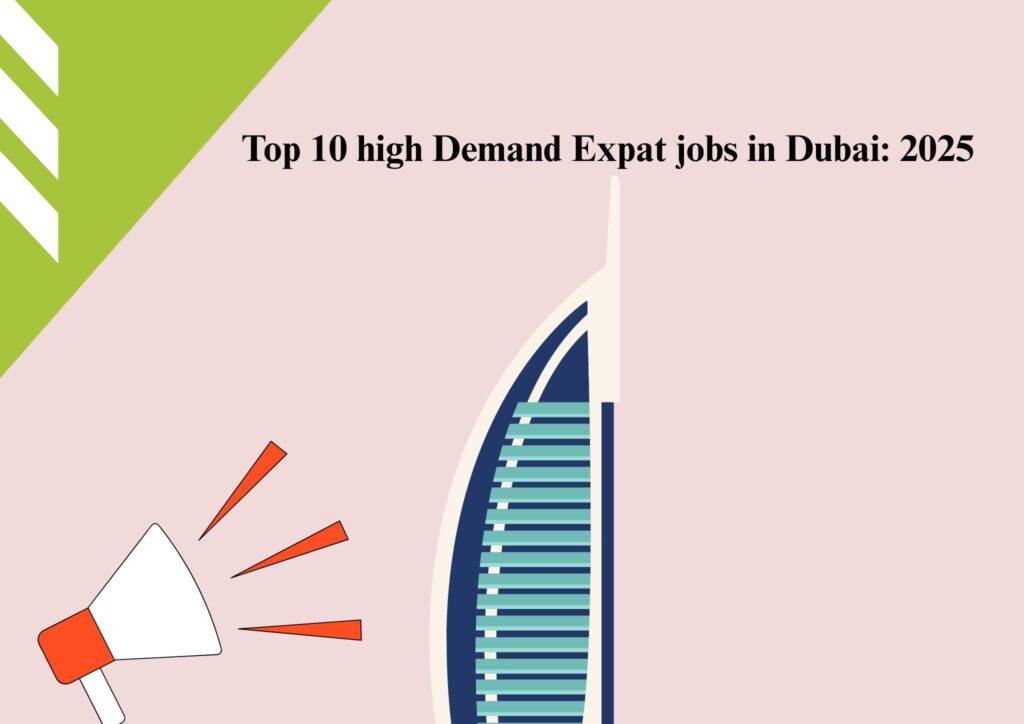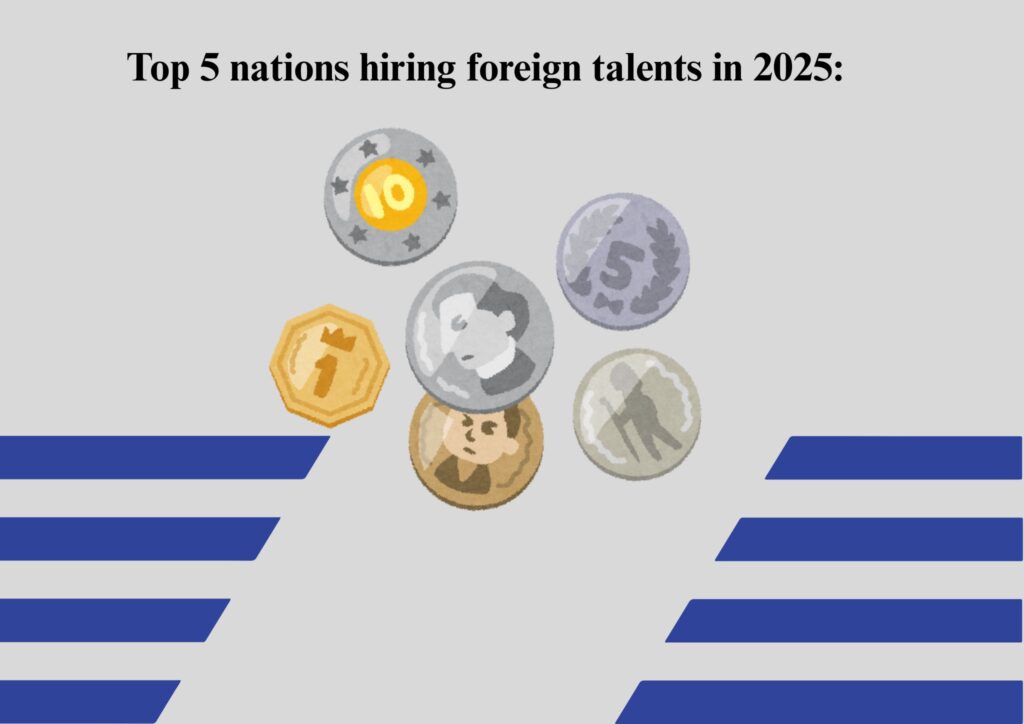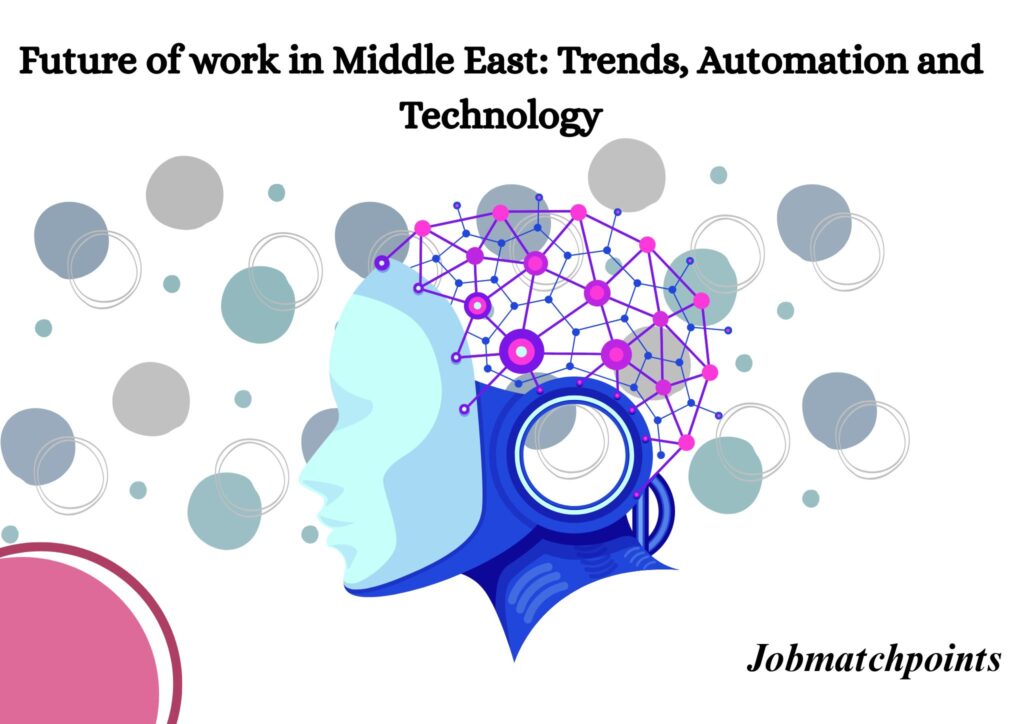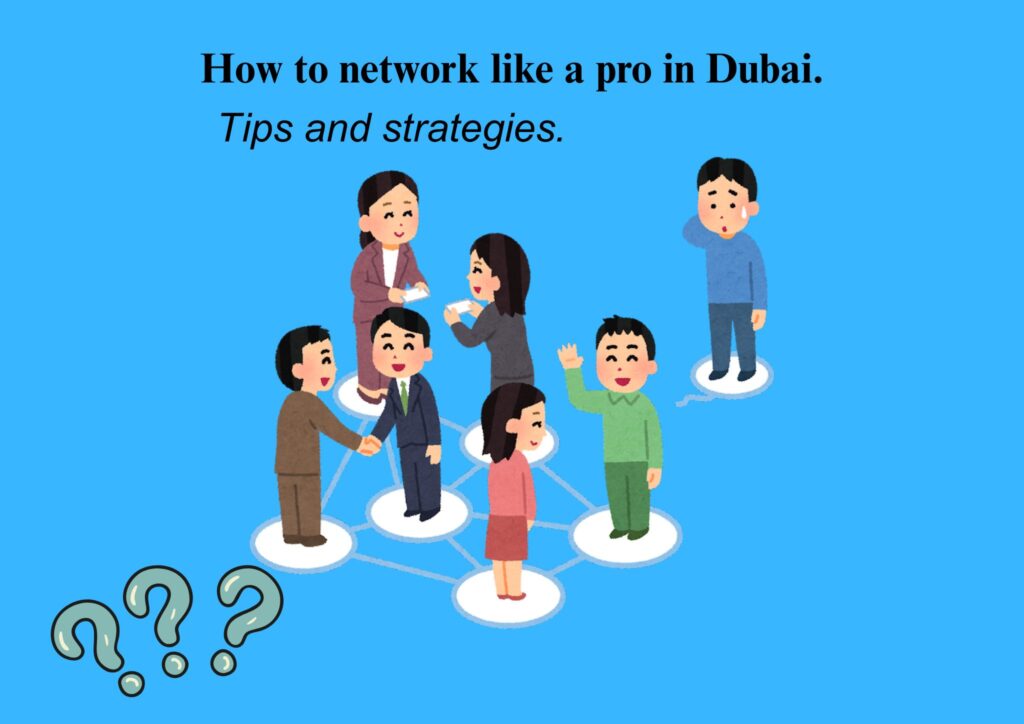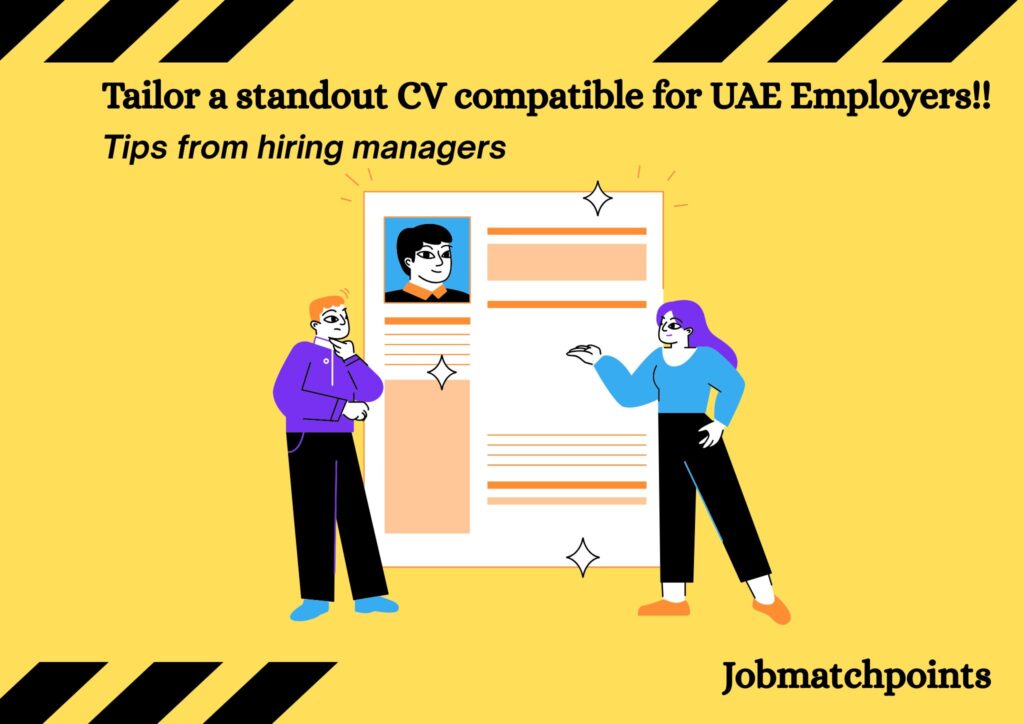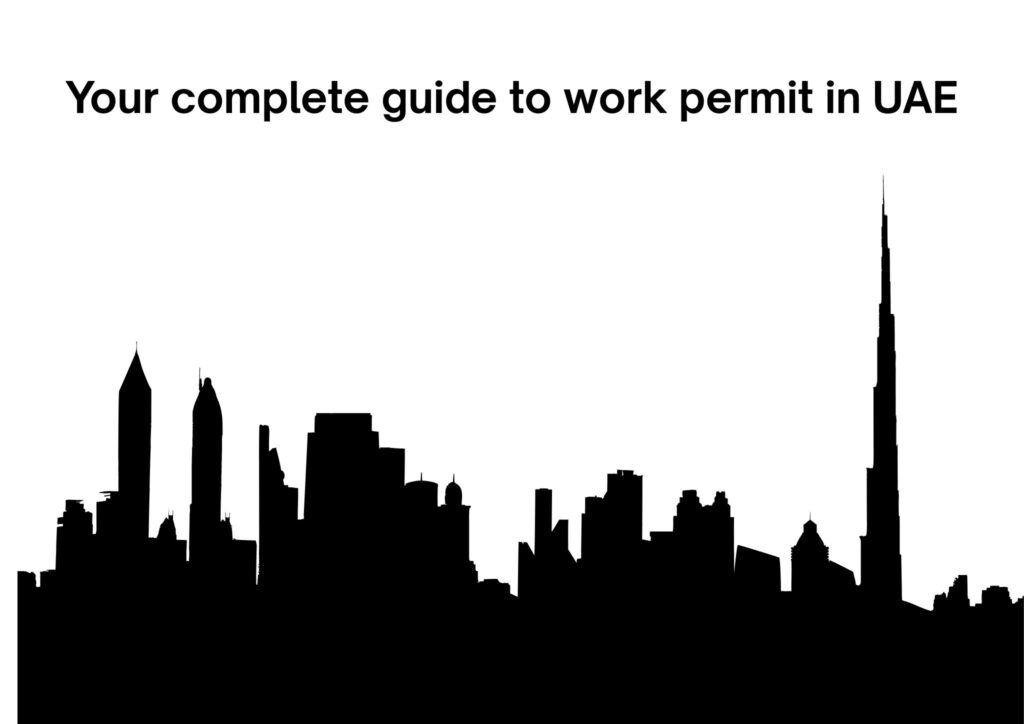
For professionals looking tax-free income, job advancement, and a rich lifestyle, the United Arab Emirates stays a favourite option. Whether your plans call for employment in Dubai, Abu Dhabi, or other emirates, knowledge of the most recent UAE work permit and visa rules in 2025 is absolutely vital.
From the kinds of work visas available to qualifying criteria, application procedures, and new long-term residency possibilities letting you live and work in the UAE without conventional sponsorship, we cover all you need to know in this revised guide.
What Makes Working in the UAE Attractive?
Before getting into visa processes, consider why many expats select the UAE annually:
- Salaries free of tax
- Safety and high standard of living
- Career prospects worldwide in energy, healthcare, finance, and technology
- Strategic positioning between Europe, Asia, and Africa
- Multicultural, varied society with more than 200 nationalities
Let us now look at your choices to lawfully work and remain in the UAE in 2025.
- Standard UAE Employment Visa (Work Visa)
Professionals employed by businesses registered in the UAE most usually receive this visa.
Who is it intended for?
People from outside the country holding a legitimate job offer from a UAE-based company
Main Criteria: - Legitimate work contract
- Medical fitness exam run in the UAE
- Documents of educational and professional qualifications—attested
- Biometrics and Emirates ID registration
Validity: Usually two years, renewable.
Sponsorship by: UAE company (public or private sector)
Usual Processing Time: 7 to 14 business days
Advantages:
- Work-related residency visa
- Family sponsorship (spouse, children) if wage requirements be fulfilled.
- Ten-Year Residency under UAE Golden Visa
With no requirement for a UAE employer sponsor, the Golden Visa provides long-term residence for highly talented professionals, investors, entrepreneurs, researchers, and top students.
Who is it intended for? - IT experts, engineers, medics, scientists
- Business and real estate investors
- Outstanding ability in sports and the arts
- University graduates from top universities and PhD holders
Main Needs: - Professionals’ salary of AED 30,000+
- Proof of business/investment or valid employment contract
- Depending on profession, credentials and honours
Validity: Ten years, renewable
Sponsored By: Self-sponsored
Advantages:
- Support your household staff and family.
- The ability to launch a company or change employment
- Availability of private sector and government services
- Green Visa (5-Year Residency for Skilled Workers & Freelancers)
Originally intended to assist skilled workers and the gig economy, the Green Visa offers five-year self-sponsored residency to people lacking an employer.
Who is it intended for?
- Talented workers
- Self-employed individuals and freelancers
- Business partners or investors
Main Needs: Equivalent bachelor’s degree
Monthly income: AED 15,000+ (for staff members)Permit for freelancing from a UAE free zone or mainland authority
Duration: Five years, renewable
Sponsored By: Self-sponsored
Advantages:
- Sponsor relatives
- Six-month grace period following visa cancellation or expiration.
- Visa not dependent on employer
- UAE Freelance Visa (For Project-Based & Remote Workers)
Independent workers in sectors such technology, media, education, design, and consultancy will find the Freelance Visa perfect.
Who is it for? - Freelancers and digital nomads
- Creative workers, programmers, advisors
- Part-time employees juggling several clients
Qualifications: - Portfolio or evidence of prior freelance work
- Freelance licence (from free zones such Dubai Media City, TwoFour54, etc.)
Depending on emirate, annual income: AED 7,500–15,000
Validity: Renewable 1–2 years
Sponsored By: Relevant free zone or self-sponsored
Advantages: - Legal entitlement to operate alone in the UAE.
- Access to networking centres and co-working spaces
- Sponsoring dependents (in certain emirates)
- Virtual Working Program: Remote Work Visa
Made for worldwide professionals, the UAE Remote Work Visa lets you reside in Dubai while working for a foreign company or operating your own business outside the UAE.
Who is it intended for? - Employees working remotely
- Freelancers working for foreign customers
- Owners of businesses running worldwide corporations
Qualifications: - Evidence of foreign corporate employment
- At least USD 3,500/month
- Health insurance with UAE coverage that is valid
- Validity: One year, renewable
- Sponsored By: Self-sponsored
Advantages: - Work remotely and enjoy UAE residency
- Bring family to stay with you
Bonus Tip: If you are solely serving overseas consumers, stay away from local corporate licensing.
- Investor Visa
Who is it intended for?
- Business owners
- Company owners
- Shareholders in firms established in the UAE
Needs: - Valid trade licence
- Usually AED 72,000+ money, proof of investment
- Bank references and legal papers
Validity: Renewable 2 to 3 years
Sponsorship: comes from either self or corporate entity.
Advantages:
- Staff and sponsor dependents
- Access to leasing, banking, and other resident services
- Visa for Domestic Workers
For drivers, nannies, housekeepers, and other domestic help sponsored by UAE residents.
Requirements
- Sponsored by eligible person in UAE
- Medical fitness and contract agreement
- Sponsor’s minimum pay and housing offered
- Security and Medical Clearance
- Every work visa seeker has to pass:
- Medical exam: Blood test for HIV, TB, etc., Chest X-ray.
- Security clearance: Background check
- Emirates ID and Residency Stamp
When your visa is approved, You will receive an Emirates ID—the official identity document for all residents.Your passport will be stamped with your visa, so verifying lawful residency.
Significant 2025 Changes Unified Work Permit Portal:
- Most work permit and residency applications in the UAE may now be handled online via the Federal Authority for Identity, Citizenship, Customs & Port Security (ICP).
- Job Seeker for Six Months Available for recent grads and professionals looking for prospects.
- Post visa cancellation, expats now have up to six months of grace period to locate a new employment or leave the nation.
Advice for 2025 Approval of Your UAE Work Visa
- Make sure your credentials are certified in your native nation and by the UAE Embassy.
- To prevent fraud, deal with trustworthy companies or authorised freelance zones.
- Update your papers—especially passports, contracts, and licenses.
- Know your legal rights under UAE labour legislation as well as your work contract.
- For correct information, use government sites such as MOHRE or the UAE ICP.
Final remarks
Modern infrastructure, safety, and career prospects help the UAE to stay a top worldwide destination for driven people. Whether you are a creative freelancer, a tech expert, or an investor, there is a UAE work visa in 2025 designed for your objectives.
Knowing the options—from Golden Visas and Green Visas to Remote Work permits—helps you to confidently plan your relocation and offers you a competitive advantage.

